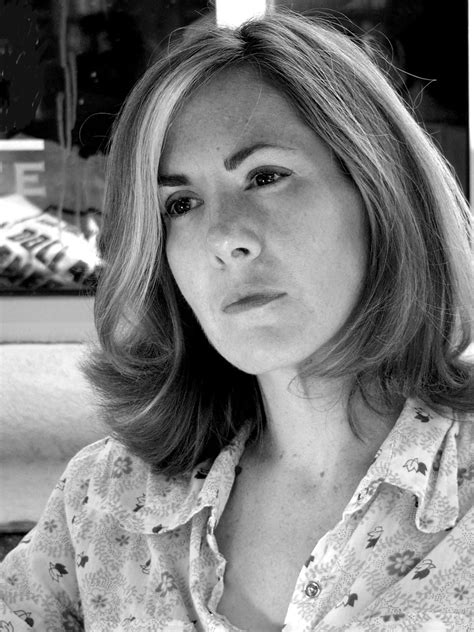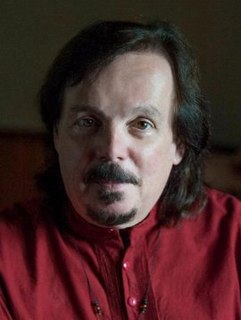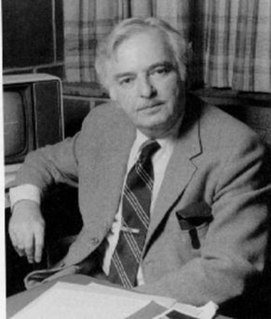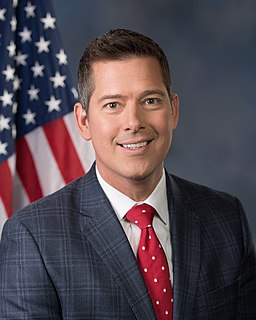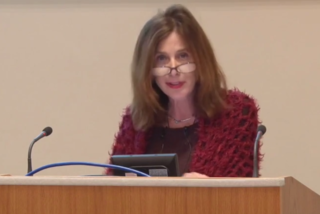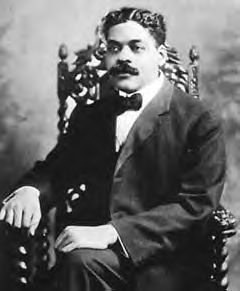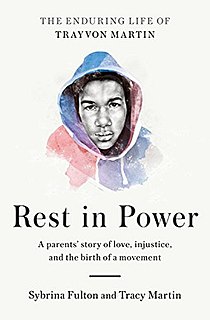A Quote by Laurie Anderson
It's the tradition of American writers getting away in order to see the country - to get a better view.
Related Quotes
Some kids have never seen what a real tomato looks like off the vine. They don't know where a cucumber comes from. And that really affects the way they view food. So a garden helps them really get their hands dirty, literally, and understand the whole process of where their food comes from. And I wanted them to see just how challenging and rewarding it is to grow your own food, so that they would better understand what our farmers are doing every single day across this country and have an appreciation for ... that American tradition of growing our own food and feeding ourselves.
I view Witchcraft as a religion that has evolved over the centuries. I do not consider Witchcraft to be a modern invention. Instead I deal with it in my writings as a Mystery Tradition with long roots to the past. It has always been my position that we don't need an ancient tradition in order to be validated. We just happen to have one.
If you have a large number of unrelated ideas, you have to get quite a distance away from them to get a view of all of them, and this is the role of abstraction. If you look at each too closely you see too many details. If you get far away things may appear simpler because you can only see the large, broad outlines; you do not get lost in petty details.
Does people not asking me about Asian American literature mean they don't see it as its own literary tradition? I certainly believe in it as its own literary tradition, because your race plays a great factor in how you are seen by the world, and how you see the world; the fact that I'm an Asian American isn't incidental to who I am as a writer. Where it becomes difficult is defining what, if anything identifiable at all, makes an Asian American book an Asian American book, other than the fact of its creator being Asian. And I'd argue that there is nothing identifiable beyond that.
Incidentally, I am intrigued by how many European and Latin American writers expressed their political views in the columns they routinely wrote or write in the popular press, like Saramago, Vargas Llosa, and Eco. This strikes me as one way of avoiding opinionated fiction, and allowing your imagination a broader latitude. Similarly, fiction writers from places like India and Pakistan are commonly expected to provide primers to their country's histories and present-day conflicts. But we haven't had that tradition in Anglo-America.
I guess when I was younger, I'd have assumed that in 2008 music would be full of great writers following in the tradition of the young great writers of the '60s and '70s, but it hasn't turned out that way, or at least there are no other writers around that I look at and think: 'Wow, I'm outclassed, I need to get out of this business.'
The American Negro must rebuild his past in order to make his future. Though it is orthodox to think of America as the one country where it is unnecessary to have a past, what is a luxury for the nation as a whole becomes a prime social necessity for the Negro. For him, a group tradition must supply compensation for persecution, and pride of race the antidote for prejudice. History must restore what slavery took away, for it is the social damage of slavery that the present generation must repair and offset.
I would definitely like to see the education process more enhanced in African-American communities, because we need to be educated on laws that are relevant to our communities and our people, as well as to any other ethnic groups. A broader view of how people perceive African-American boys and girls in this country is what I'd like to see.



